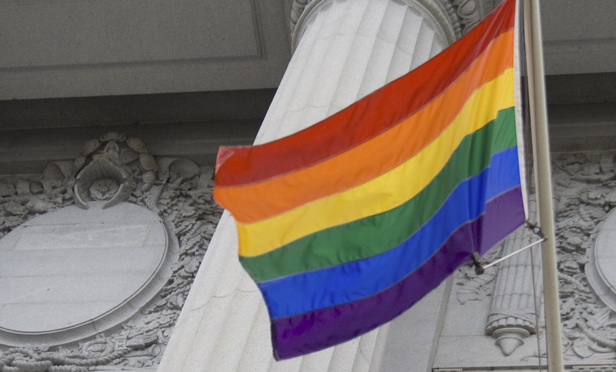For LGBT Pennsylvanians, 2016 brought progress in access to health care and in insurance coverage, in employment, and in education. Laws that expressly prohibit discrimination based on sexual orientation and gender identity remain elusive. But protections do exist. A growing body of court decisions recognize that discrimination based on sexual orientation or gender identity run afoul of existing laws barring sex discrimination. At the regulatory level, the current federal agencies have followed and even strengthened those courts’ decisions. But the future of this trend is difficult to predict. The new presidential administration will bring new direction to the federal agencies that issued many of the regulations that LGBT people have begun to rely on to address discrimination they face in schools, when seeking health care, and in their ability to obtain insurance coverage for transition-related care. Forecasting is beyond the scope of this article, but those changes, as well as pending lawsuits challenging guidance issued by the Department of Education and the nondiscrimination regulations issued by Health and Human Services—and, of course, the threatened repeal of the Affordable Care Act—bring added uncertainty. In the end, however, the continued viability of these recent gains will rest with the courts, including the U.S. Supreme Court.
In employment, which is the area with the largest volume of rulings, decisions by federal courts and the U.S. Equal Employment Opportunity Commission have held that mistreating an employee because she is transgender is discrimination based on sex, as held in Glenn v. Brumby, 663 F.3d 1312 (11th Cir. 2011) (relying on Title VII precedent to conclude that a supervisor discriminated against a transgender woman because of her sex by firing her because she intended to report to work as a woman); Macy v. Holder, EEOC Appeal No. 0120120821 (April 20, 2012) (holding that discrimination against transgender employees is sex discrimination per se under Title VII); Lusardi v. McHugh, EEOC Appeal No. 0120133395 (April 1, 2015), (holding that a transgender woman was subjected to illegal discrimination because of sex when a team leader repeatedly and intentionally referred to her by male pronouns and made hostile remarks, and when the employer prohibited her from using the female restroom).
This content has been archived. It is available through our partners, LexisNexis® and Bloomberg Law.
To view this content, please continue to their sites.
Not a Lexis Subscriber?
Subscribe Now
Not a Bloomberg Law Subscriber?
Subscribe Now
LexisNexis® and Bloomberg Law are third party online distributors of the broad collection of current and archived versions of ALM's legal news publications. LexisNexis® and Bloomberg Law customers are able to access and use ALM's content, including content from the National Law Journal, The American Lawyer, Legaltech News, The New York Law Journal, and Corporate Counsel, as well as other sources of legal information.
For questions call 1-877-256-2472 or contact us at [email protected]



